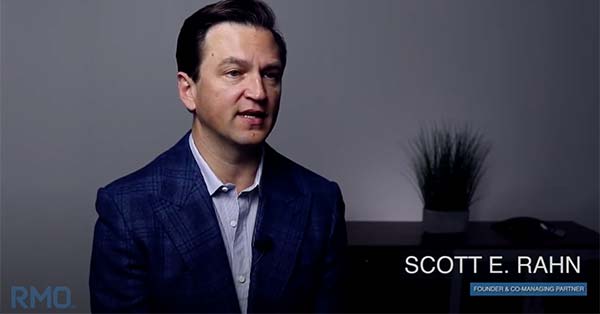What are Examples of Undue Influence?
The most common scenario we see is the abuser is often a caregiver- whether they are a child, spouse, or even hired in-home care nurse. The caregiver may psychologically manipulate or threaten an elderly individual to be given money or be left a specific property in the trust instrument. That undue influence could take the form of a threat to providing care – including essentials like food, water, bathing, etc, the threat to stop visiting, to restrict them from seeing grandchildren, all in an effort to manipulate a benefit for the abuse, like money or the property.
Consider a scenario where a step-parent exerts undue influence over their spouse to favor them in the trust while excluding or providing significantly less for the spouse’s own children from a previous marriage. The step-parent may use emotional manipulation or coercion to persuade their spouse to amend the trust, allocating a larger portion of assets to themselves and minimal provisions for the spouse’s children. This undue influence might involve threats to end the marriage, withdraw emotional support, or impose conditions on the relationship unless the trust is modified to benefit them disproportionately.
Proving Undue Influence Claims
Establishing undue influence concerning a trust following the death of the settlor typically involves demonstrating that the settlor was subjected to manipulation or coercion in creating or amending the trust. Key elements in proving undue influence may include showing that:
- The settlor was vulnerable at the time of creating or amending the trust, such as due to advanced age, illness, isolation, or emotional distress.
- The wrongdoer had apparent authority or a position of trust over the settlor, enabling them to exert influence.
- The actions and tactics employed by the wrongdoer demonstrate undue influence, such as controlling essential aspects of the settlor’s life, employing affection, intimidation, or coercion, and initiating changes to the trust with haste or secrecy.
- The outcome of the trust reflects an inequitable result, such as economic consequences to the settlor, divergence from prior intentions or conduct, disparities in the value exchanged, or inappropriate changes to the estate plan considering the nature of the relationship.
What to Do if You Suspect Undue Influence Has Occurred?
Proving undue influence often requires thorough documentation, witness testimony, and expert analysis to establish the circumstances surrounding the creation or amendment of the trust and the influence exerted over the settlor.
In both California and Texas, beneficiaries who suspect undue influence regarding changes to distributions or their status as beneficiaries have certain rights and legal avenues to address their concerns. However, it’s important to note that the specific laws and procedures may vary between the two states. Generally, here is an overview of the rights and potential courses of action available.
California
California’s Probate Codes provide protections for beneficiaries against undue influence. Sections of the Probate Code, such as Sections 850 through 859, offer procedures for challenging transfers of property, including those made through undue influence.
Beneficiaries who believe they have been disinherited or received reduced distributions due to undue influence can contest the validity of a will or trust. California law allows interested parties, including beneficiaries, to challenge the validity of testamentary documents based on grounds such as lack of capacity or undue influence. Beneficiaries may file a trust litigation lawsuit against the executor, trustee, or other parties involved in the estate or trust administration, alleging undue influence. Trust litigation allows beneficiaries to seek remedies such as the invalidation of changes made under undue influence or the recovery of wrongfully distributed assets.
In some cases, beneficiaries and other interested parties may choose to resolve disputes through mediation or negotiation outside of court. Mediation can offer a less adversarial and more efficient means of addressing concerns related to undue influence.
Texas
Texas has its own set of laws governing probate and trusts, which provide protections for beneficiaries against undue influence. Beneficiaries can seek recourse under relevant sections of the Texas Estates Code, including those governing will contests and trust disputes.
Beneficiaries may initiate trust litigation in Texas courts to challenge the validity of trust amendments or distributions made under undue influence. Trust litigation allows beneficiaries to seek remedies such as the removal of a trustee, the invalidation of trust provisions, or the recovery of wrongfully distributed assets.
Like California, beneficiaries in Texas may have the option to pursue alternative dispute resolution methods such as mediation or arbitration to resolve undue influence disputes outside of court.
In both California and Texas, beneficiaries who suspect undue influence should consult with an experienced trust litigation attorney like those at RMO. An attorney can provide guidance on the specific rights and legal options available, as well as represent the beneficiary’s interests in pursuing a resolution to the matter.




